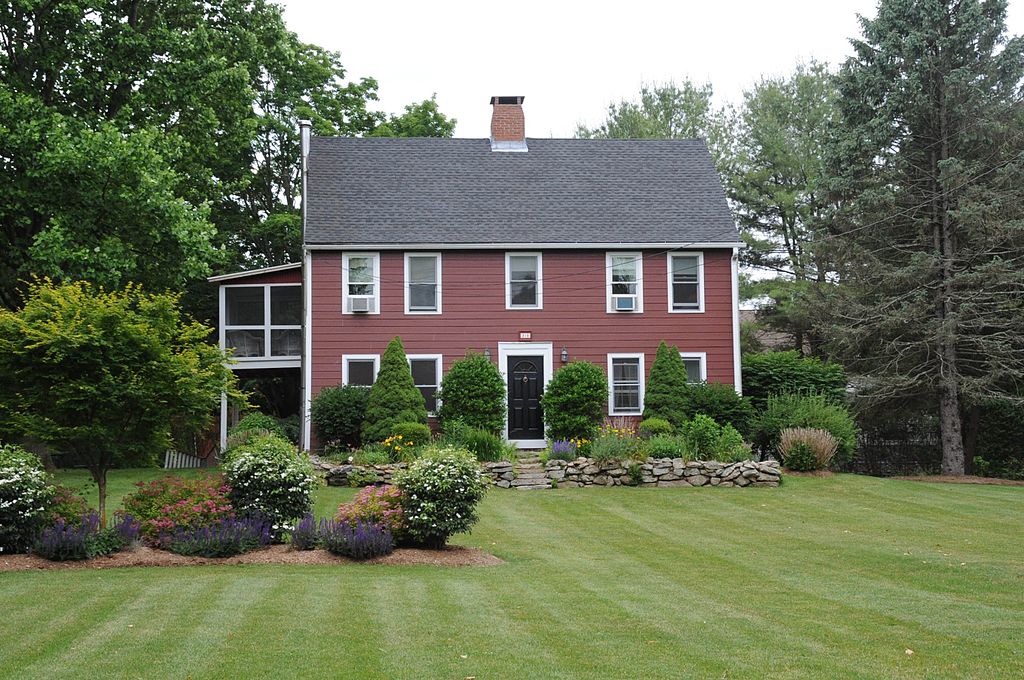Summer Lawn Care Tips for Homeowners in New Haven, CT

In New Haven, homeowners are lucky enough to experience the beauty and excitement of all four seasons. From spring to summer, fall to winter, each season poses unique challenges and varying elements of harmony.
Summer is a glorious time in Connecticut, and it’s the best time for you to enjoy your lawn and other outdoor spaces. However, that doesn't mean that the season is without any work. Keep your yard looking and growing its best by following these crucial steps you need to take during the warmest months of the year.
1. Plant Intelligently
The most natural tip to growing a healthy New Haven lawn is to pick the grass type that will work best for this challenging environment. Cool season grasses are a good choice, growing well when the temperatures are in the sixties. Warm season grass types tend to become better as temperatures climb above seventy degrees. Consider a mixture for green coloring throughout most of the seasons.
2. Fertilize Early
A proper feeding in the early summer will strengthen your lawn, so it is ready for whatever summer throws at it. Choose a slow-release fertilizer to help the lawn access nutrients over time, or consider an organic fertilizer for best results.
Mid- to late- summer is not a good time to fertilize. Many homeowners make the mistake of fertilizing when the lawn starts looking brown or decrepit in hot weather. However, fertilizing during these conditions can burn the grass and inhibit long-term growth.
3. Mow High
Tallgrass is more tolerant of grass and can develop deeper roots. If you have reseeded any patches of lawn, tall grass also helps prevent weed seeds from germinating in their place. Cool season grass types need to be mowed no shorter than three inches, while warm-season grass types should be no shorter than two inches.
Mow regularly, while twice a week is best, once a week is also sufficient in most cases. Try not to cut more than a third o the grass blade at a time. Mowing too infrequently can cause large grass clippings to suffocate the still-growing grass beneath.
4. Treat for Pests and Diseases
While you may consider summer to be the ideal time for you to enjoy your lawn, pests think the same thing. Grasses are more susceptible to pests during periods of dormancy or drought stress. You might notice infestations of species such as grubs, fire ants, cutworms, or chinch bugs this time of the year. You can apply grub control or other insecticides in midsummer.
Fungal diseases, like powdery mildew, can be controlled by reducing watering during the evening hours or applying a fungicide as needed.
5. Control Weeds
Summer is the time to tackle weeds. You can use a post-emergent herbicide early in the summer, ideally before the weather reaches 85 degrees, but don't wait too long. Herbicide applied to heat-stressed grasses can be incredibly damaging. If weeds become a problem once the weather has warmed, you should consider hand-pulling them instead of using a chemical product.
6. Use Grass Clippings
Leaving your grass clippings on the lawn can help moderate moisture, acting as a natural mulch. While this may not be ideal if you suffer from hay fever, this will help increase the natural moisture of your lawn and improve its overall fertility.
7. Water Deeply, Infrequently
Lawns need about an inch of water every week, but require much more during hot, dry conditions. Use a rain gauge to monitor rainfall, and when you do water, do so deeply. Water early in the day to help reduce the amount of moisture that evaporates off, as well as to reduce the likelihood of fungal growth.
8. Sharpen Mower Blades
You should sharpen lawn mower blades regularly, although the best timeline for doing so will vary depending on the type of mower you have as well as how often you mow. Your mower should be cutting the grass, not ripping it. Mowing with sharpened blades will help minimize stress when the weather gets hot, and also prevent damage to developing roots and leaves.
If you're a resident of New Haven this Summer, learn New Haven Lawn Care take care of your lawn!
Photo Source: Wikimedia